Top 10 Tips for Operators
Nearly 300 years ago, Benjamin Franklin said, “An ounce of prevention is worth a pound of cure.” Although he was referring to house fire prevention, this phrase is applicable to wastewater operations. The cost of maintenance is generally far less than the cost of fixing an issue during a crisis. We asked Tom Robarge, SCADA Technician, Craig Sampo, Lead Service Technician and Nate Wolfe, SCADA Technician at Energenecs for their advice to operators for maintaining their systems.


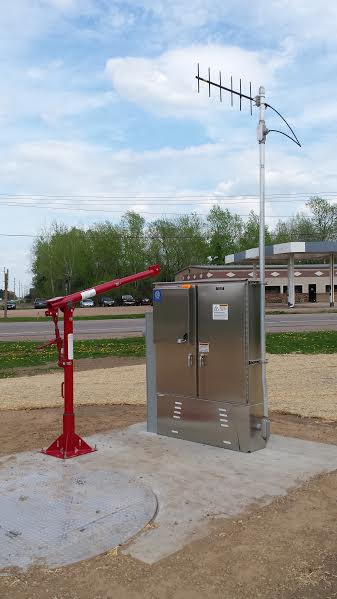
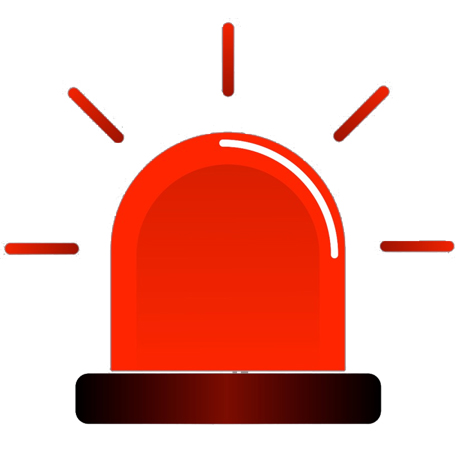
Maintain Lift Stations in the Spring and Fall
Craig says lift station maintenance is recommended during spring and fall. “In the spring, it’s kind of a dusting off the leaves scenario, where you make sure that mice have not chewed through cords and a lift station. We can see how things are working after the snow is uncovered by pulling pumps and checking to make sure that they’re working properly and there is no abnormal wear. We are also checking the seal oil and things like that to make sure that we can ensure things are going to be working when they need it most, especially in vacation communities. It’s also good practice in the fall to do proper maintenance before having to shovel 10 feet of snow off the cover of a lift station!”
Test Float Backup Circuits
Tom suggests testing your float backup circuits in your lift station to verify your floats and backup systems are working so when you need it, it works.
Test Alarm Notifications
Tom advises operators to test their alarm notification systems regularly. It’s advisable to do it right after a computer reboot to make sure that your dialers and your phone are working. Energenecs has received calls where they say they’re not getting their alarm notifications and find that their phone lines have been dead. So if you set up a test alarm or pick an alarm that they can control and activate that way they test their dialers and make sure that the notification systems are working. At one of the larger plants that Energenecs services, they go around to all their lift stations annually and test all their alarms. It gives them a sense of comfort that they know that their alarms are going to work when they need it. For a water client, they can easily select their water tower and adjust an alarm setpoint to simulate an alarm. With other systems, Energenecs has purposefully set up test alarms in their SCADA software, such that an operator can just push a button, and it simulates a test alarm and sends it through.

Check Field Devices
Nate recommends field devices should also be checked for proper operation too, such as floats, flood switches, door switches. For example if it’s a float, they would tip it up just to make sure that it’s still working. Normally it’s sitting there doing nothing, and you don’t really know if it’s working or not.
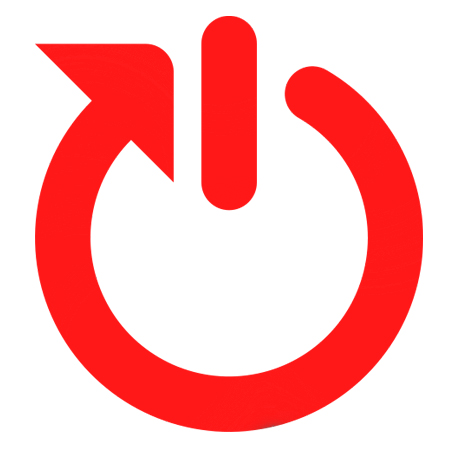
Reboot Your Computers Early in the Week
Tom has also been recommending a weekly reboot on computers. He recommends doing it early in the week, for example every Tuesday, to ensure it’s up to date and avoid getting a forced reboot on a weekend when nobody’s around. If something does happen with the reboot or the update, and it crashes the system, there is time to recover it before the weekend.
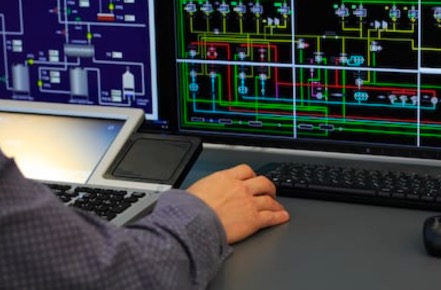
Check your SCADA System
Craig remarks that anybody that has a SCADA system should make sure that everything is working properly with the software and to manually update. “Sometimes what we’ve been seeing lately is some of these systems are doing automatic updates, which are not always recommended because some of the other software that operators are running doesn’t always play nice together!”

Buy Software Service Contracts
With SCADA and software, Energenecs used to recommend that clients didn’t necessarily need to maintain a service contract with the software companies, but lately because of the way Windows is changing so fast, more of these software companies are making it difficult to maintain the software unless the client has a service contract. So now Tom recommends that the communities maintain the service contracts with their HMI, alarm notification, and recording software.
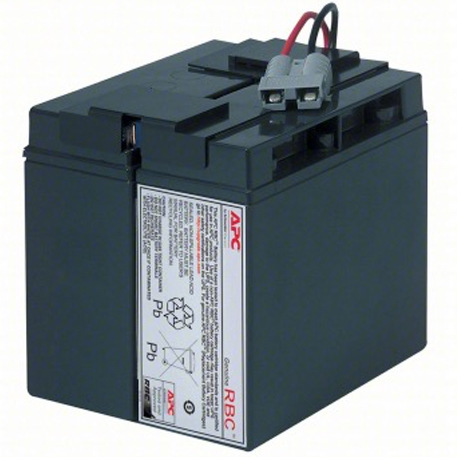
Test Your UPS Batteries
A UPS (uninterruptible power supply) prevents electrical surges from getting at more susceptible controls.. If the power goes out, the UPS has batteries in them. A common issue Energenecs has found is UPS failures. You have to plan on changing batteries every two years. It should also be tested regularly by shutting power off to the panel and making sure the UPS has taken over. Tom recommends when you change the batteries to put on a piece of tape or a sticker with the date on it to keep track of when the battery was last changed.
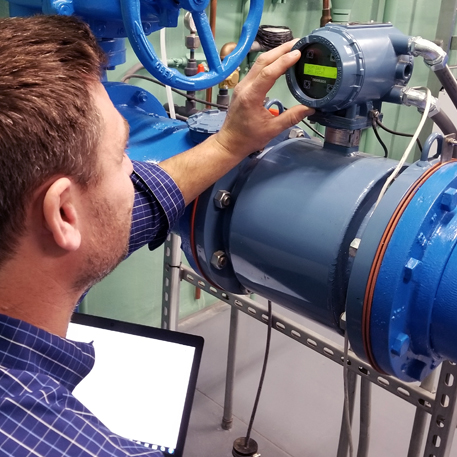
Calibrate your Meters
Meter calibrations can be done anytime of the year. Craig advises to couple them with the spring disinfection season, while Energenecs is doing chlorination work, and dealing with their chemical pumps. For the most part the DNR requires verification that your meters are reading properly. So Energenecs is available to assist the utility calibrate as a third party source to meet DNR requirements, which is required once a year. Occasionally Energenecs finds a meter is just not functioning properly during calibration.
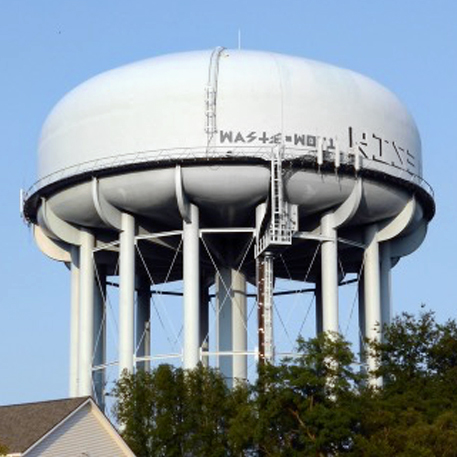
Flush Water Tower Sensing Lines
For water towers, Tom recommends that they flush their sensing lines yearly to get the crud out. “It’s also good to verify that your heat tape or heating sources are working on those lines, especially going into winter months, so that way you don’t end up with the frozen sensing line.” He has seen where they get crud in there and their water tower level starts bouncing all over the place and they don’t have good control of it. If you go in there and flush them, that tends to clean it up.
Tom remarks “It’s fairly easy to do preventative maintenance and find out that you’ve got issues when you’re controlling it, versus on a weekend or during a storm or when you don’t have the manpower to find out something’s not working, when you need it to work!”

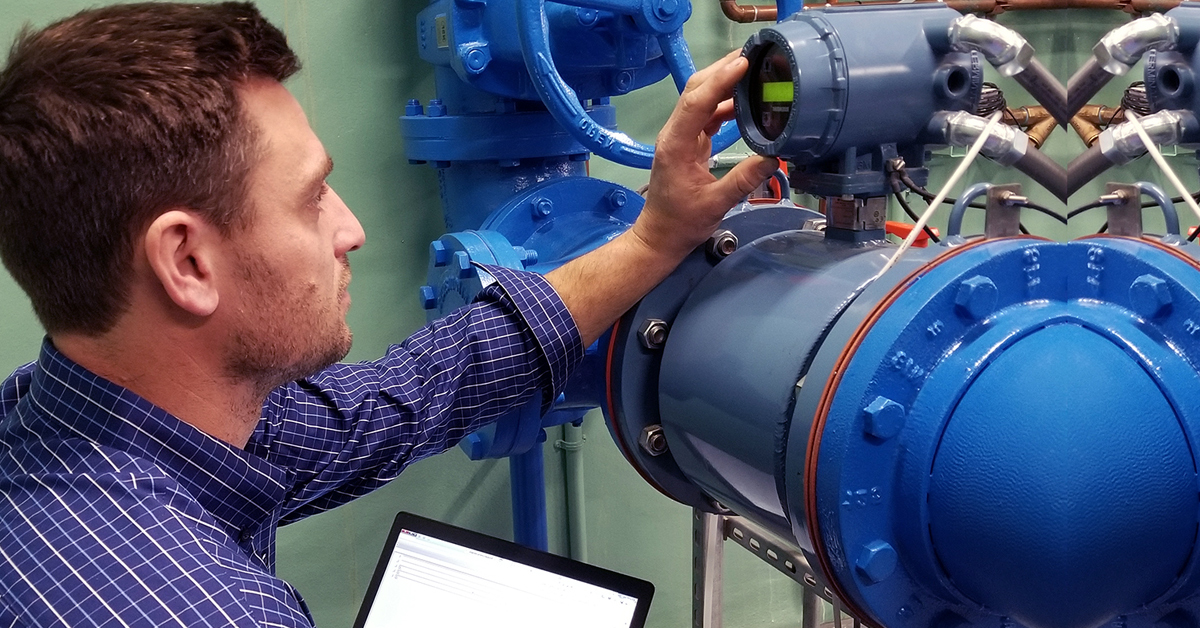


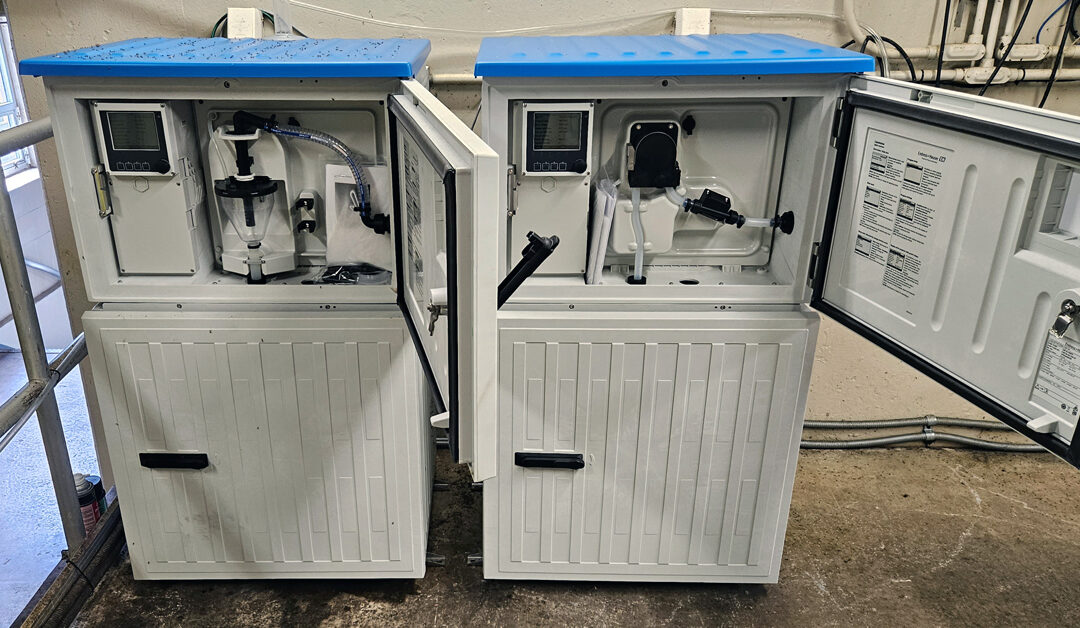
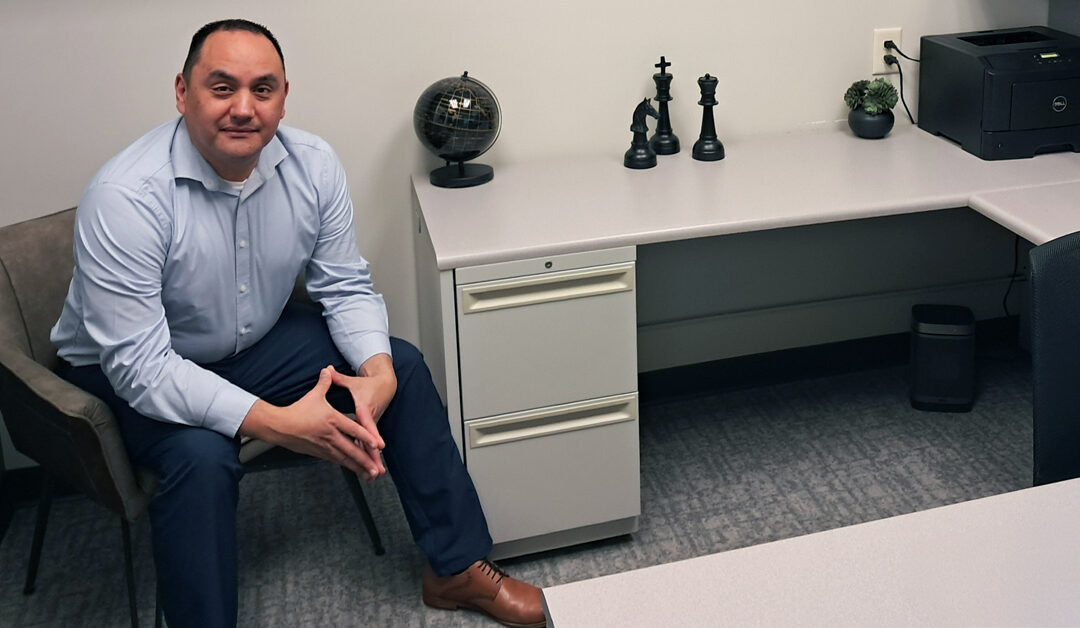

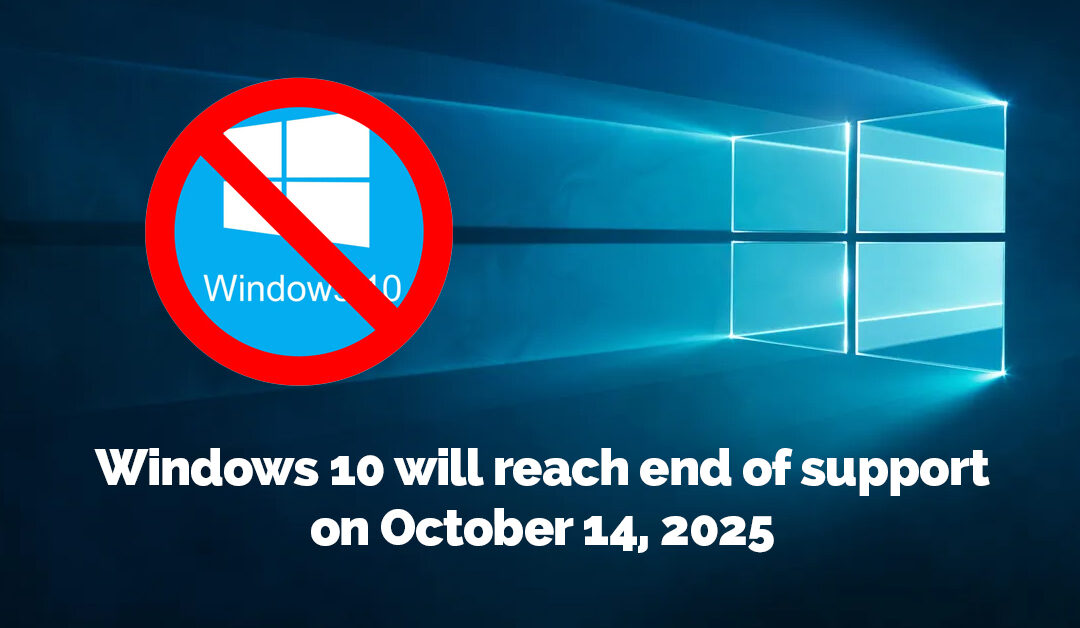

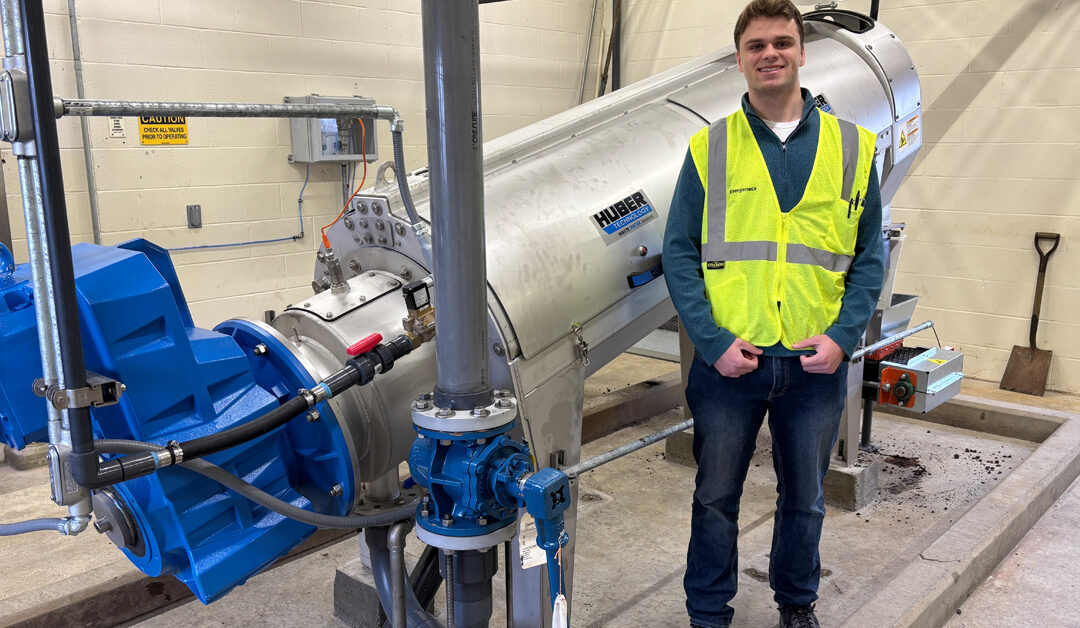

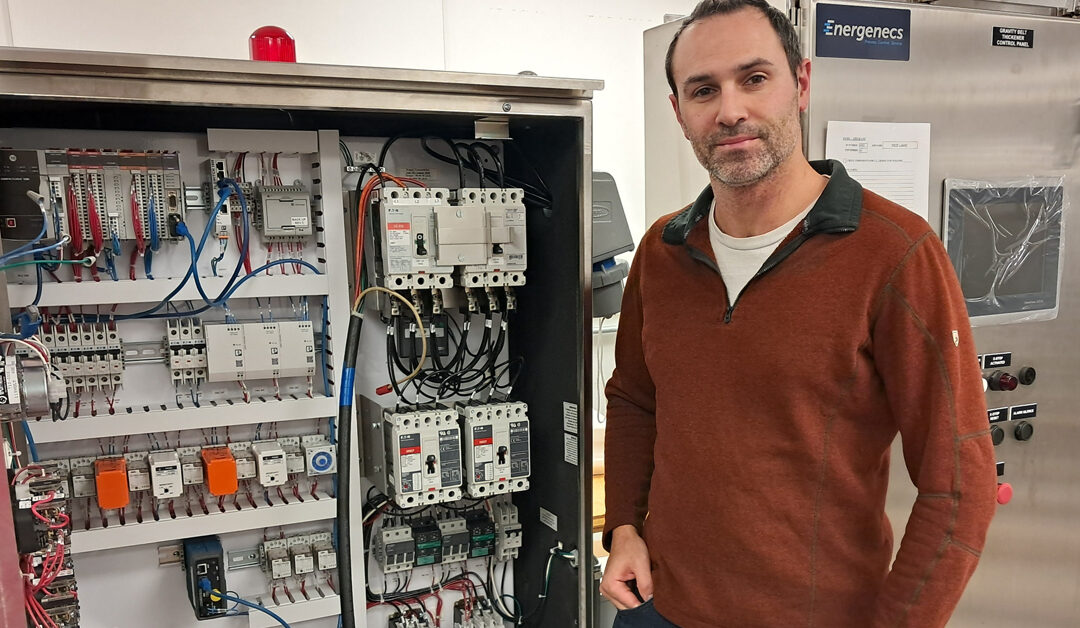
0 Comments